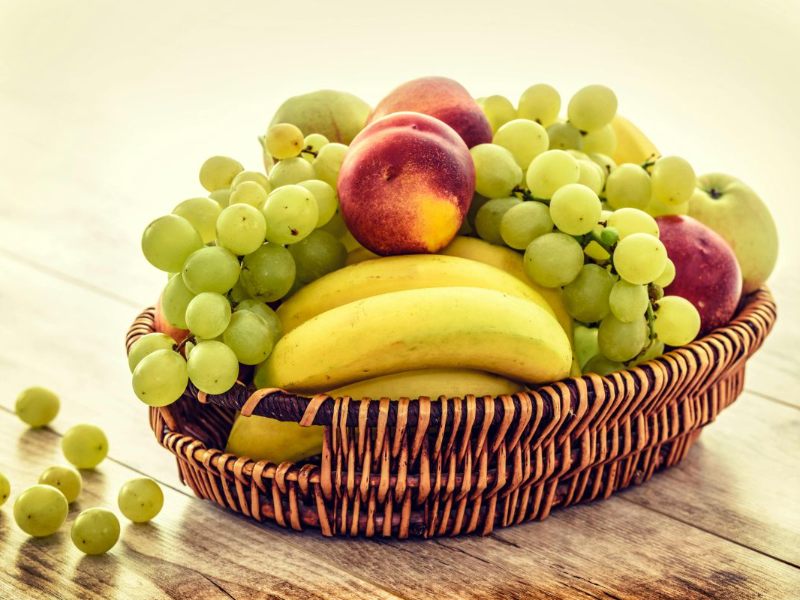Navratri 2025 fasting guide: A holistic plan for health and wellness
Staying healthy and energetic while fasting becomes extremely important for those of us who have to fat while being at the top of our game.
 Representative image / Pexels
Representative image / Pexels
The 9-day fast for Maa Durga frequently leaves devotees puzzled on what to eat, what not to eat and how to stay healthy while fasting.
These concerns are multiplied in multi-cultural setups where you have to fast but still have to continue with your fast-paced life. It is for these people that a healthy and planned diet becomes all the more crucial.
Although fasting provides certain health advantages, completely abstaining from food can pose risks. Extended periods of hunger while fasting may upset the body's electrolyte levels, resulting in fatigue. The primary question is, what foods should be consumed during the Navratri fast to regulate blood pressure and avoid extreme weight fluctuations?
7 tips to stay healthy during the Navratri fast
⦁ Stay hydrated: Drink plenty of water, coconut water, or fresh fruit juices throughout the day to prevent dehydration and maintain electrolyte balance, especially since fasting can lead to fluid loss.
⦁ Opt for small, frequent meals: Instead of large meals, have balanced snacks like fruits or nuts mid-morning and afternoon to stabilize blood sugar levels and avoid energy crashes.
⦁ Choose nutrient-rich, 'Sattvic' food: Focus on fresh fruits (e.g., bananas, apples), vegetables (like pumpkin and sweet potatoes), dairy products, and nuts to provide essential vitamins and sustain energy without grains or processed items.
⦁ Use Rock Salt Over Iodized Salt: Switch to sendha namak (rock salt) for cooking to align with fasting traditions and support better mineral absorption during restricted diets.
⦁ Avoid Fried and Heavy Snacks: Steer clear of deep-fried vrat-friendly items like pakoras; opt for boiled, steamed, or roasted preparations to prevent digestive issues and excess calorie intake.
⦁ Incorporate Proteins and Fiber: Include yogurt, paneer, or sprouted moong to meet protein needs, and fiber-rich foods like buckwheat flour (kuttu) to aid digestion and prevent constipation.
⦁ Balance Activity with Rest: Engage in light yoga or walks for mental clarity, but prioritize rest to avoid fatigue—fasting is as much about spiritual rejuvenation as physical health.



 Jeffin T. Kaleekal
Jeffin T. Kaleekal














.jpg)

Comments
Start the conversation
Become a member of New India Abroad to start commenting.
Sign Up Now
Already have an account? Login